Come Behind-the-Scenes with me!
In my one-on-one work with clients, I strive to offer support, listening, and some actionable ways they can create more harmony at home. One of the keys to harmony at home is manipulating the environment to support you. If your home doesn’t flow, if it’s overwhelmed with “stuff”, clutter, and toys, it’s nearly impossible to be a conscious parent.
In this behind the scenes video, you’ll see what a difference a deep declutter can make to a home. You’ll also see how many big, hefty feelings pour forth when we discuss… toys.
On the surface, it would seem almost ridiculous for toys to be a “big deal”. But again and again in my work with parents, I learn that through a simple declutter of toys a pandora’s box of emotions and fears bursts open. Why? Because Toys have come to symbolize a lot in our society. Let’s look at some of those things…
7 Reasons We Have Too Many Toys
- “The toys I have bought for my children represent my love for them.”
When we buy toys, it is often an act of love. We imagine our child so tickled, so pleased, so excited about this new shiny item, that they will most definitely know how much we love them. Gift giving here and there is lovely. But when it becomes the love language we use regularly to show our children love, it completely backfires. They begin to be indulged and spoiled, expecting physical gifts when a hug or hair tussle could (read: should) have sufficed. And we, caught in the trap we set for ourselves, begin to actually feel guilty for saying no to more toys. And we eventually cave in and indulge them yet again, so that our love for them is not called into question.If this is you: Quit, cold turkey. Commit to buying new gifts only twice or three times a year (such as birthdays or Christmas). Instead, direct your efforts on learning new ways of expressing your love. The most classic is a hug and the simple statement “I love you”. You could write a note, spend special time together, or list all the ways you adore your child. Do not use gifts to convey your love, unless it’s once in a while.
- “The toys my children have represent special people in their lives.”
Sometimes we hold on to an overwhelming number of teddy bears, gadgets and gismos, dolls, books and vehicles simply because these were gifted to us by someone important. But when toys no longer serve our children, or don’t serve their best interest – that gift becomes a tiny little ball and chain you’re carrying around – constantly tidying and organizing it – until, as in Lisa’s case, your home is literally buried in the rubble of all these well meaning gifts.When people give us a gift, they do so (hopefully) to show their love to us. If they ever imagined the item became burdensome, one hopes they wouldn’t want us to keep it anyway.
If this is you: Take a photo of the toys that are meaningful but not useful anymore, or that don’t align with your philosophy. That way you can add them to your family album. If there are some really (truly) special items, especially from people who are no longer with you, keep those and make sure they have a special place (like a dedicated shelf or display). For the rest, send them to donation with your blessing and gratitude for the time they spent in your home and lit up your children’s faces.
- “The toys we have represent the promise of prodigy, or at least education.”
Look, this one really is not your fault (actually none of them are). We are living in a capitalist culture who’s main goal is to increase profits, not to sell you the items that best serve your kids. It’s stands to reason that you, just like me, have fallen prey to the empty promises of companies that this or that toy will give your child the edge. From Baby Einstein CD’s to Leapfrog reading machines, every toy on the shelf seems to improve your child’s memory, logic, reason, number sense, spatial awareness, fine and gross motor skills… and the list goes on. And where do those toys find themselves just a few weeks later? You guessed it, underfoot. It’s high time we stop believing that a toy is what will make or break our children’s future career.If this is you: Keep it simple. Anything that promises to teach your children, improve their skills, or expand their minds is promising too much. And it’s playing into our vulnerability as parents. We want the best for our kids. When it comes to expanding the minds of children, there are no shortcuts for purchase at Target. I believe it is through consistent, committed, connected relationships that children truly learn. No glamor, no flashing lights. Just showing up to explore with them.
- “The toys we have are a status symbol that prove I’m providing prosperity for my children.”
This one can sometimes be a plain ol’ keeping up with the Joneses, but with a twist. We’re keeping our children up with the Jones’s children. Just because the kids around “all have one” or because your friends rave about it (read: gave in and bought it) doesn’t mean you have to. Your children will benefit so much more from a more orderly, manageable, and streamlined home than they will from yet another shopkins or fidget spinner. Really.Plus, they’ll benefit from experiencing their parent as a confident leader who does not buy things simply because others do, but who stands their firm, empathic ground, and is true to their values. When I used to say “but so-and-so’s mommy let’s…”, one line my parents always said to me (which drove me crazy at the time, but now I totally get) was: “well, I’m not so-and-so’s mommy.”
If this is you: Begin to cultivate a mindfulness about what’s driving the urge to buy this item. Is it really necessary? Is it well made? Will it stand the test of time? Is it going to serve constructive play? Are you buying it so that someone will see your child has it? Be brutally honest, and Step. Away. From. The. Cash. Register.
- “They toys I buy serve as a ‘behavior modification’ trump card.”
It’s true, the promise of a new toy can smother even the wildest tantrum, and bribe even the shyest child into posing for a photo with grandma. New toys are alluring for adults and children alike, and we’re willing to jump through some pretty uncomfortable hoops to secure them. But unless this is used extremely sparingly, t’s a dangerous and corrosive message. “If you do this (insert thing the child doesn’t want to do) for me, I’ll pay you with this”. I don’t need to elaborate on how that type of conditioning can manifest in the future, but it’s ugly. Usually we bribe because we feel powerless as parents. We don’t “own” our authority, We’re not clear in the conviction that our child can and will cooperate with us, as long as our requests are reasonable and appropriate, and our child feels sufficiently connected and nourished. We worry we’ll be “shown up” or that they’re uncontrollable otherwise. Or we’re plain old afraid of big feelings (“but he’ll have a melt down” clients say to me. “Great!” I reply. “An opportunity to express his pent up feelings is never a bad thing.”)If this is you: If bribery has been your go-to, then you may have unintentionally created a relationship monster: a situation where your child expects to be “paid” for any cooperation. With the monster already created, the trick is now not to feed it. I’m sure you don’t want the threat of a screaming tantrum lorded over you for one day more. Learn to set empathic limits, and hold them with consistency and confidence, bribes not withstanding.
- “I don’t want to waste them now that I’ve bought them.”
Often we hold onto things simply because we already bought them. The logic goes: well I’ve already spent money on this, and even though now I hate it and want it out of the house, that would be wasteful, so I better keep it. Here’s what I always say to this: Don’t pay for things twice. Just because you made the “mistake” of buying it the first time, doesn’t mean you should now pay for it a second time with your energy and precious real estate.If this is you: let go of the guilt and shame of having spent money “unwisely”. Those moments and choices are in the past. And if you declutter these items, they will be out of your life also, and bring joy to someone else. Remember: just because you’re keeping it, doesn’t mean you’re not wasting it. Someone else could be loving on this object big time. Give it to someone who cares.
- “What if they need them again in the future.”
Fear. Look, this is legitimate. If you’re not done having kids, hold onto your baby toys. If you’re seriously considering moving to a snowy climate, keep those sleds. But if you’re holding onto things that – honestly, we all know – you will never use again (flower press, anyone? Bread maker? Plastic pirate ship that lights up and spins?) please release them to the next lucky person who actually might have a use for them.If this is you: Remember, if you really end up needing this item in the future, you could probably borrow one or buy a new one. But what are the chances of that actually happening? Don’t think that holding onto the useless items now doesn’t cost you. It does. Items we hold onto, end up holding onto us.
Ultimately, the relationships we have with our stuff mimics the relationship we have with ourselves, and the world. Do we feel fearful of scarcity, that we might someday be wanting or hungry, so we need to stock up? Do we feel inferior or like we can’t keep up and we need to compare ourselves to others and make sure we measure up? Do we feel compelled to be “pleasers” and do things we don’t want to do so that others don’t dislike us? Do we feel powerless and unheard, so we’re gathering ammunition with which we can manipulate and bribe?
When we feel secure, confident and crystal clear with our goals and boundaries – conscious and awake – then every single facet of our lives begins to reflect this. Our jobs, weight, relationships, health, thoughts, and of course – o ur stuff – begin to mirror our most authentic selves.
Ready to join the movement of prioritizing presence, play, and peace? Do you want immersive, independent, and nurturing play for you child? Learn more on the Present Play page.

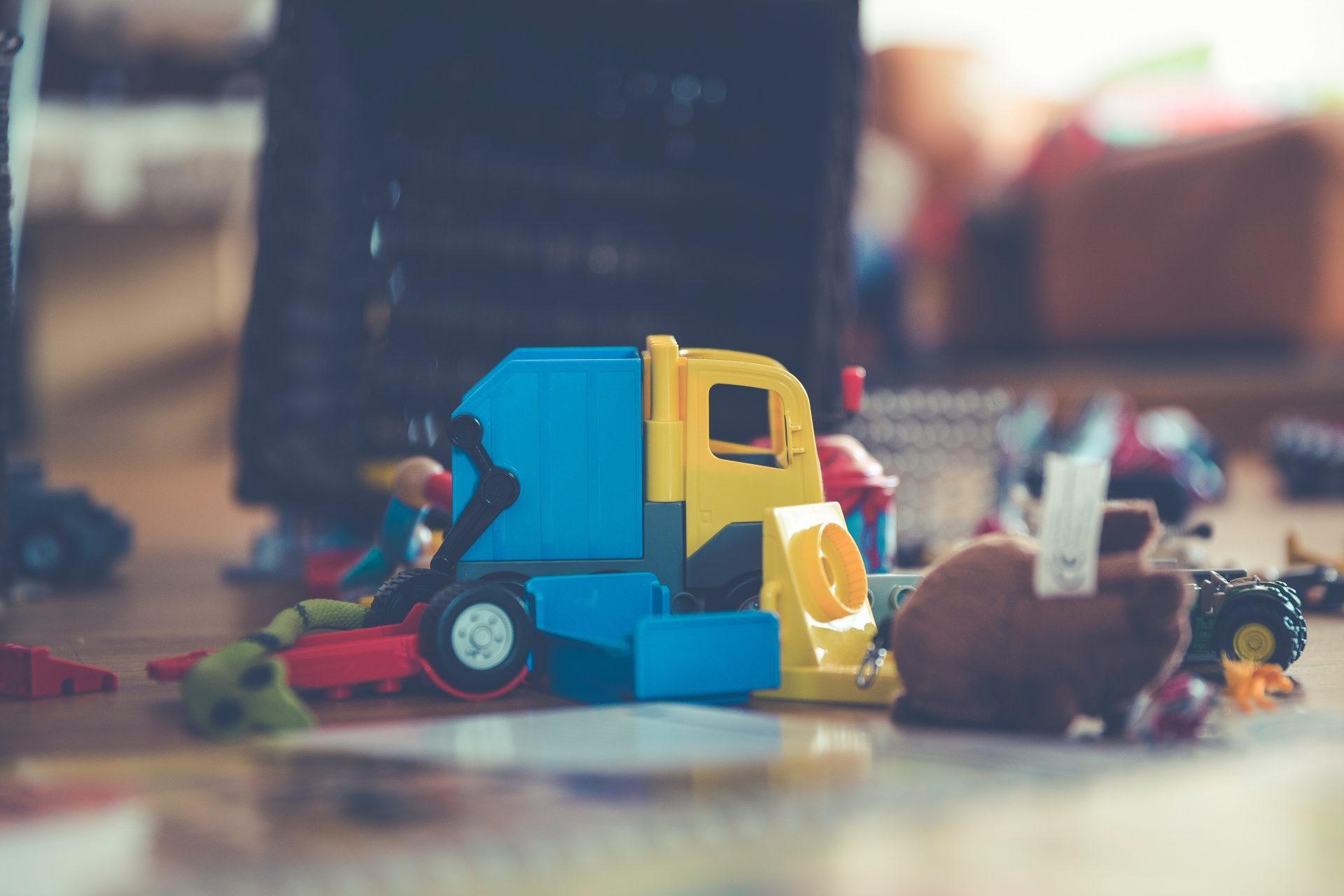


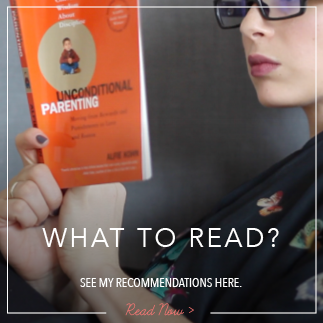
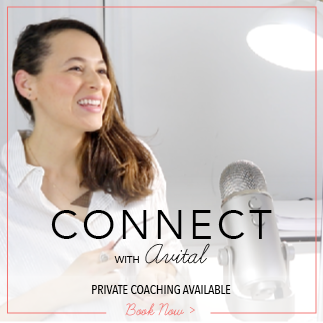

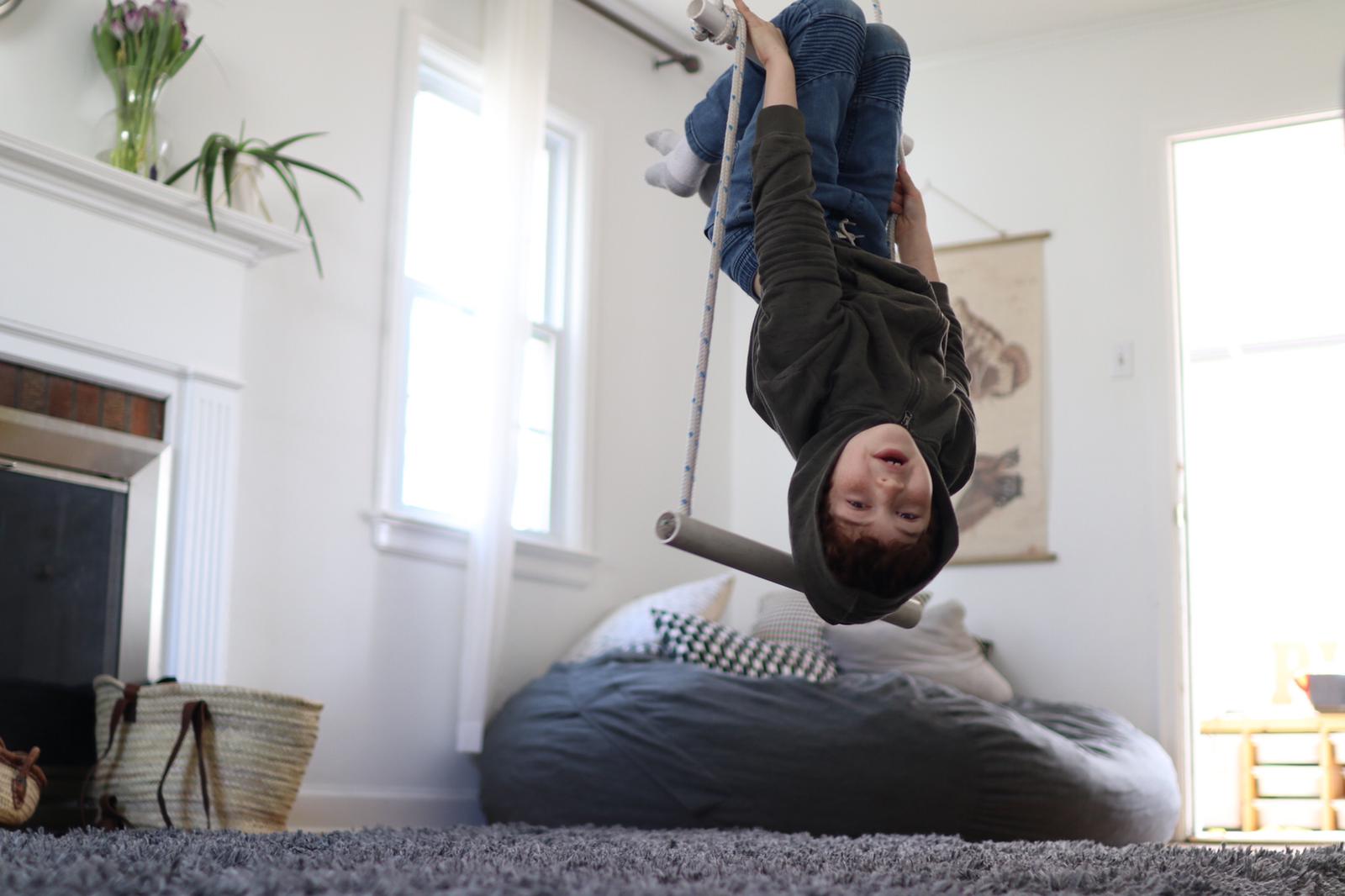

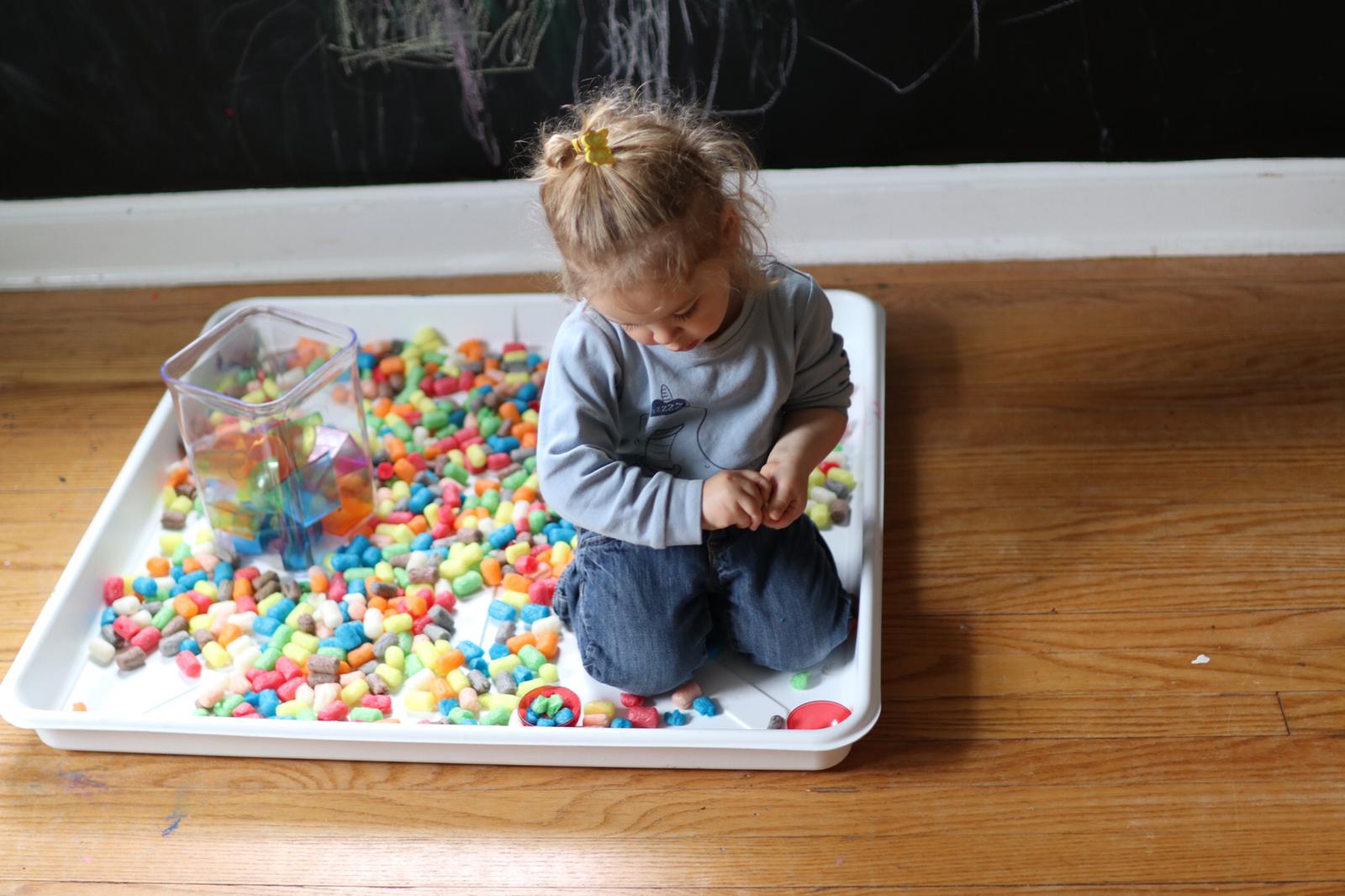
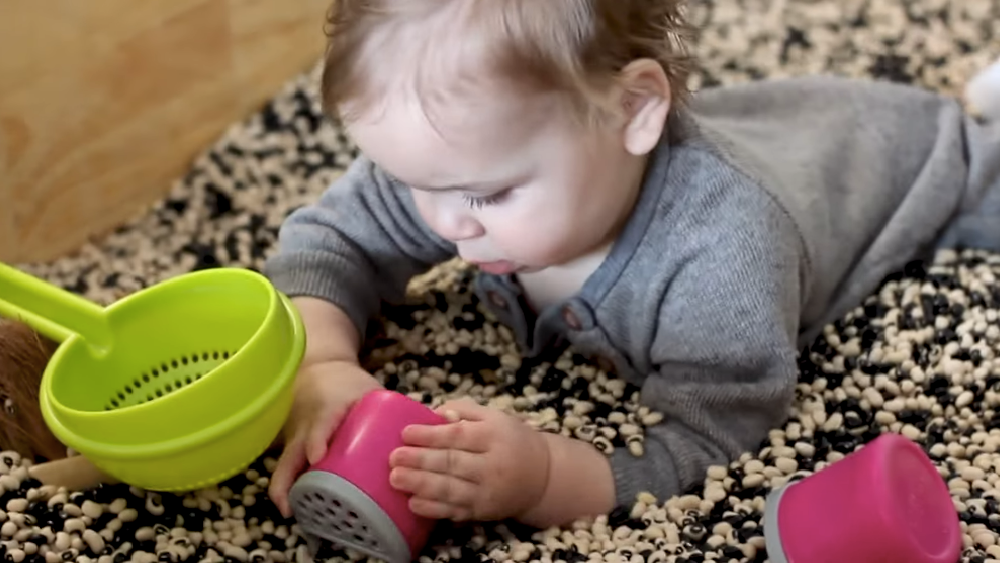
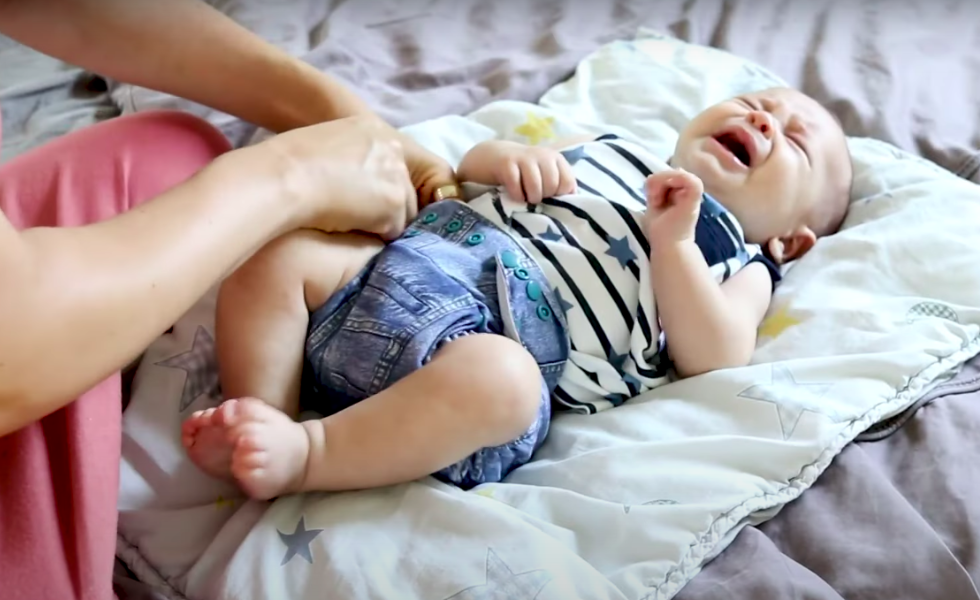

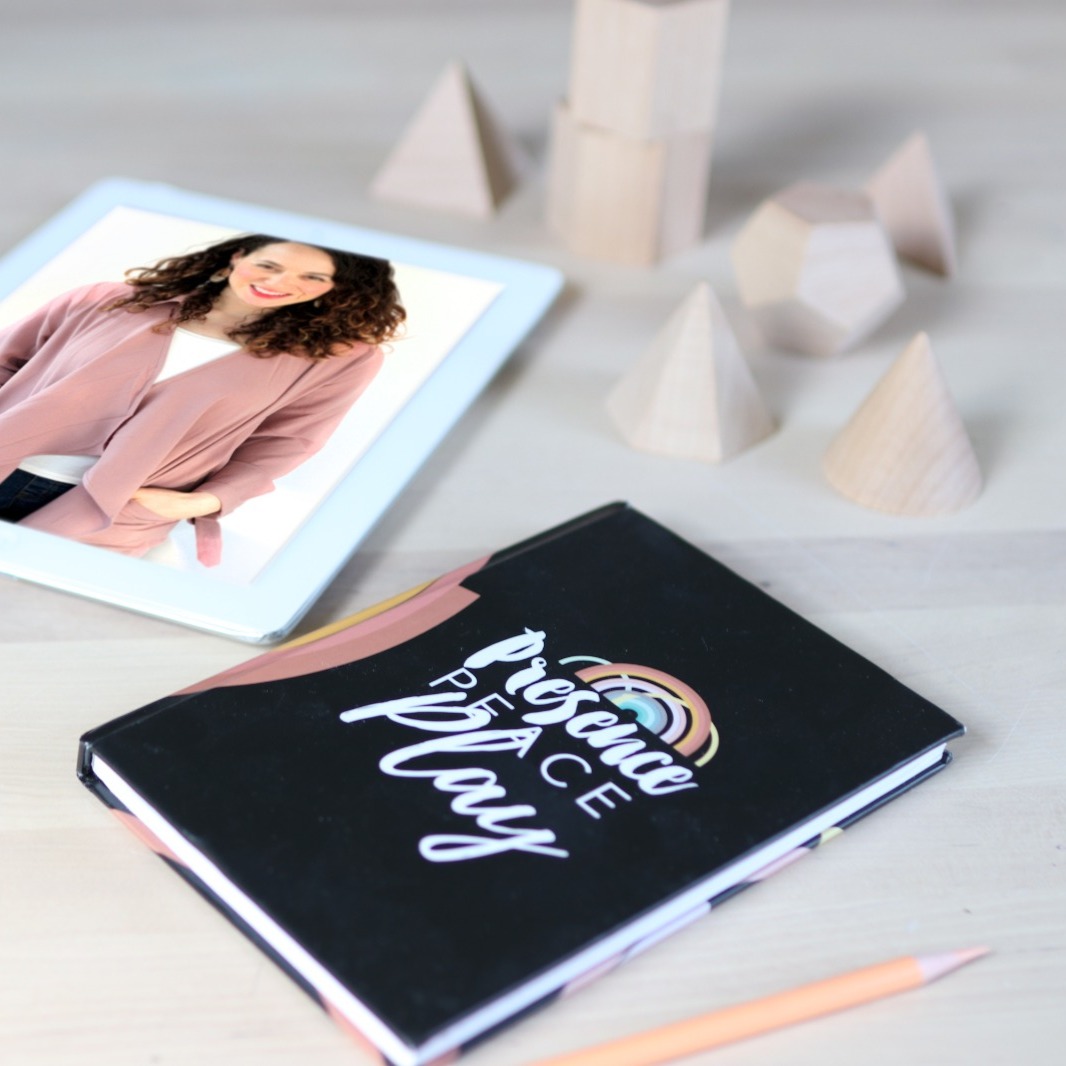

I am a minimalist at heart and have to problem purging; the problem is how to navigate it with my 4-year-old. My daughter gets really upset when I talk to her about having too many toys and giving them to children who have no toys. I have decluttered when she’s away and there are things that she notices are gone and then I feel guilty.
That was supposed to be “no problem purging.” =)
I’ve done this recently as I love a declutter!! I first like you said try and talk to the kids and ask them to choose things they feel they no longer like/play with. But If I feel its going to be too much of a problem for the kids I put the decluttered toys in the garage for a week or two and if they don’t notice its gone or ask about playing with it I’ll take the bag to the charity shop.
If they ask about it and appear genuinely to have a desire to play with it I’ll bring it bag- but most often they’ve not asked and not noticed its gone!